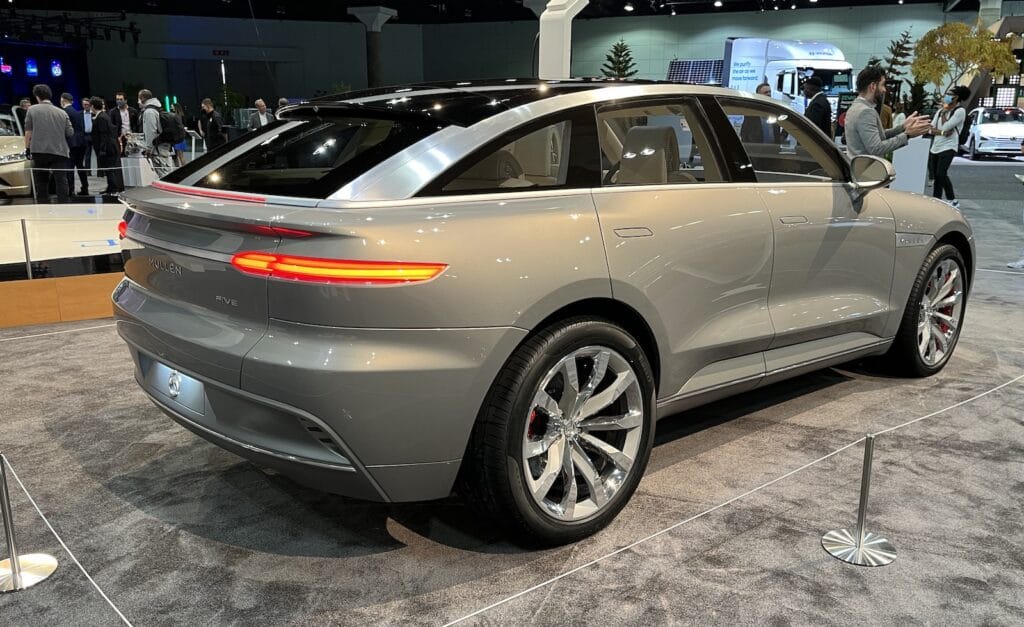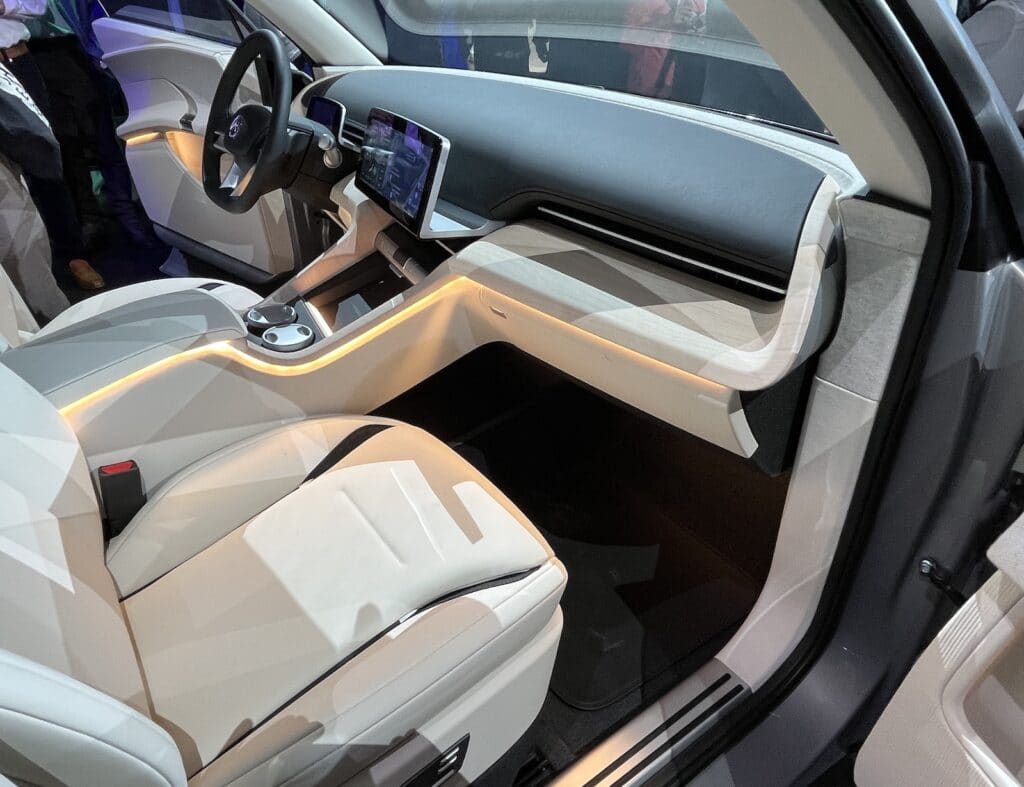
Looking to reduce dependence on outside suppliers and the risk associated with material and supply shortages, electric vehicle startup Mullen Automotive announced Monday that it plans to begin producing its own EV battery packs at its research and development facility in Monrovia, California. Mullen is retrofitting its Monrovia facility to accommodate the production of the EV battery packs.
The battery packs will be used in the company’s vehicles, which include the One EV cargo van, Five EV crossover and Dragonfly EV sportscar.
Mullen is looking to lower the cost of battery packs and improve their quality as well by bringing the operation in-house.
Ghosts of previous startups

The Monrovia manufacturing plant was previously owned by Coda Automotive from 2012 to 2018. Mullen purchased the facility from Coda in 2014, taking it over in 2017, when it was renamed Mullen Energy.
“The entire industry is struggling with supply chain issues and the more control we have in-house, the better off our vehicle programs will be,” said David Michery, CEO and chairman of Mullen Automotive. “Our Monrovia facility is already established for high voltage applications so retrofitting it for our battery pack development makes good sense for our company and shareholders.”
What it’s powering

On Nov. 5, 2021, Mullen went public, trading on Nasdaq under the stock ticker symbol MULN. Mullen also revealed the Mullen Five EV crossover, designed by Andreas Thurner, who also fashioned the Rolls-Royce Ghost. The Mullen Five’s dual motor driveline is capable of running of 0-to-60 in 3.2 seconds, a 155-mph top speed, an estimated range of more than 325 miles from a 95-kWh battery pack, and is able to recharge up to 80% in less than 20 minutes.
Prices will start at $55,000.
The company plans to build the Mullen Five at its existing 127,000 square foot facility it purchased in Tunica, Mississippi, where it is adding 1.2 million square feet for a body shop and general assembly.
But doubters remain
But earlier this month, short-selling specialist Hindenburg Research characterized Mullen as being “yet another fast-talking EV hustle.” Hindenburg listed a litany of egregious behavior by Mullen, saying that the purported automaker distorted its operations and deceived investors.
Hindenburg alleges Mullen misrepresented its battery test results and made false assertions about its vehicles, leading to large swings in its stock price.
“Despite only spending $3 million in R&D in 2021, Mullen claims its solid-state battery technology is on track for commercialization in 18 to 24 months, putting it head of every major technology and automaker in the industry who have collectively invested billions on solving the problem,” Hindenburg stated.
Investors reacted negatively to the Mullen’s battery pack news, sending the company’s stock price down nearly 15% in early trading Tuesday to $1.84 a share. Year-to-date, Mullen shares have declined 68.33 percent.







